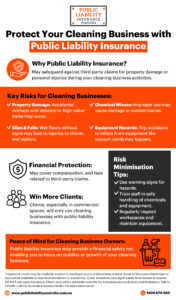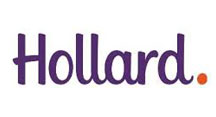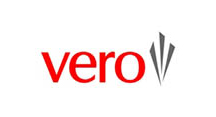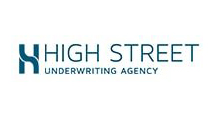 Running a cleaning business involves can mean working in a variety of environments, from residential homes to commercial properties. While your services help maintain cleanliness and hygiene, your work also exposes you to liability risks. Public liability insurance is a practical solution for cleaning businesses, providing protection against claims related to third-party property damage or injuries.
Running a cleaning business involves can mean working in a variety of environments, from residential homes to commercial properties. While your services help maintain cleanliness and hygiene, your work also exposes you to liability risks. Public liability insurance is a practical solution for cleaning businesses, providing protection against claims related to third-party property damage or injuries.
Let’s explore why public liability insurance is relevant for cleaning businesses and examine some common scenarios where it may prove beneficial.
The Importance of Public Liability Insurance for Cleaners
Cleaning businesses regularly interact with clients and members of the public , and work in their spaces, there are potential liability risks. Public liability insurance is designed to help cover claims of accidental injury or property damage to others caused during your cleaning business operations. This may include incidents such as:
- Accidental Damage to Client Property: During a routine clean, a cleaner might accidentally knock over and break an expensive vase, television, artwork or other valuable items.
- Third-Party Injuries: A freshly mopped floor left without warning signs may cause a client or visitor to slip and injure themselves.
Such incidents may lead to costly claims, including legal fees and compensation, that may strain your business financially.
Common Risks Faced by Cleaning Businesses
- Property Damage: Cleaning tasks often involve handling delicate or high-value items like electronics, glassware, or artwork. Accidental damage may happen despite the best precautions.
- Slips and Falls: Wet or slippery floors may pose risks to clients, their visitors, or even passers-by on commercial premises. A slip incident may result in personal injury claims.
- Chemical Misuse: Misuse or improper labelling of cleaning chemicals may cause harm to property, such as discolouration of surfaces or accidental contamination.
- Injury from Your Equipment: Accidents involving vacuum cords or other equipment may lead to trips and falls by others.
Benefits of Public Liability Insurance
Public liability insurance may help to safeguard your cleaning business by covering compensation costs in the event of a third-party claim. This means you may focus on running your business with peace of mind, knowing you have a financial safety net in place.
Additionally, holding public liability insurance may boost client confidence. Many customers, particularly in commercial settings, will only work with cleaning businesses that have public liability insurance.
Practical Tips for Cleaners to Minimise Risks
While public liability insurance is a helpful layer of protection, adopting safe work practices can reduce the likelihood of incidents and claims. Consider the following:
- Use Warning Signs: Always place signs near wet floors or other potential hazards.
- Train Your Team: Ensure employees are trained in safe cleaning practices, including proper handling of chemicals and equipment.
- Inspect Premises Before Starting Work: Look out for pre-existing hazards that may need to be addressed before commencing cleaning tasks.
- Maintain Equipment: Regularly check and service your cleaning tools to avoid malfunctions or accidents.
Conclusion
Having public liability insurance in place can provide invaluable support for cleaning businesses if they face potential claims related to third party property damage or injuries. Coupled with risk management practices, it offers a comprehensive approach to protecting your business from unexpected incidents.
If you operate a cleaning business, consider consulting a business insurance broker to explore public liability insurance options suitable for your specific cleaning business activities.
Disclaimer: The content of this blog article is intended for general informational purposes only and should not be considered as professional advice. While we strive to ensure accuracy, we make no guarantees about the completeness or reliability of the information. For guidance regarding what and how much public liability insurance cover you need, we recommend consulting with a business insurance broker. Any actions you take based on any information provided here are at your own discretion.





